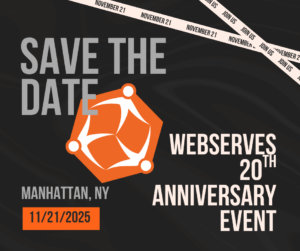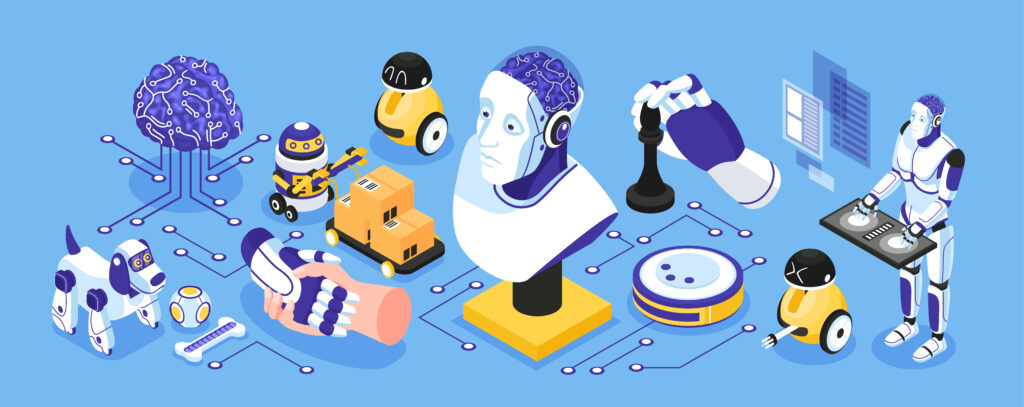SAVE THE DATE – OUR 20TH ANNIVERSARY CELEBRATION

2O25 is the 20th Anniversary of the founding of WebServes. During the year, we have engaged in small gestures of celebration of the milestones and memories of the past twenty years of WebServes. We will be culminating this anniversary year with an in-person event on November 21st in Manhattan, NY, to honor our team members, […]
Five Essential Elements for Effective Web Design

If your organization already has a website up and running, you’ve achieved a vital milestone; a significant number of people will completely disregard a business that lacks one. However, crafting an impactful website takes a considerate amount of thoughtful design that stems from an understanding of how people think and interact with the web. To ensure your website is truly effective in engaging users, ask yourself the following questions…
What Makes an AI Work?

Welcome back to our AI Awareness Campaign. This is part 5 of the series, you’ll find the rest of the articles below.
Artificial Intelligence (AI) is everywhere—from voice assistants like Siri and Alexa to self-driving cars and Netflix recommendations. But what exactly makes it work? How does it “think” and make decisions?